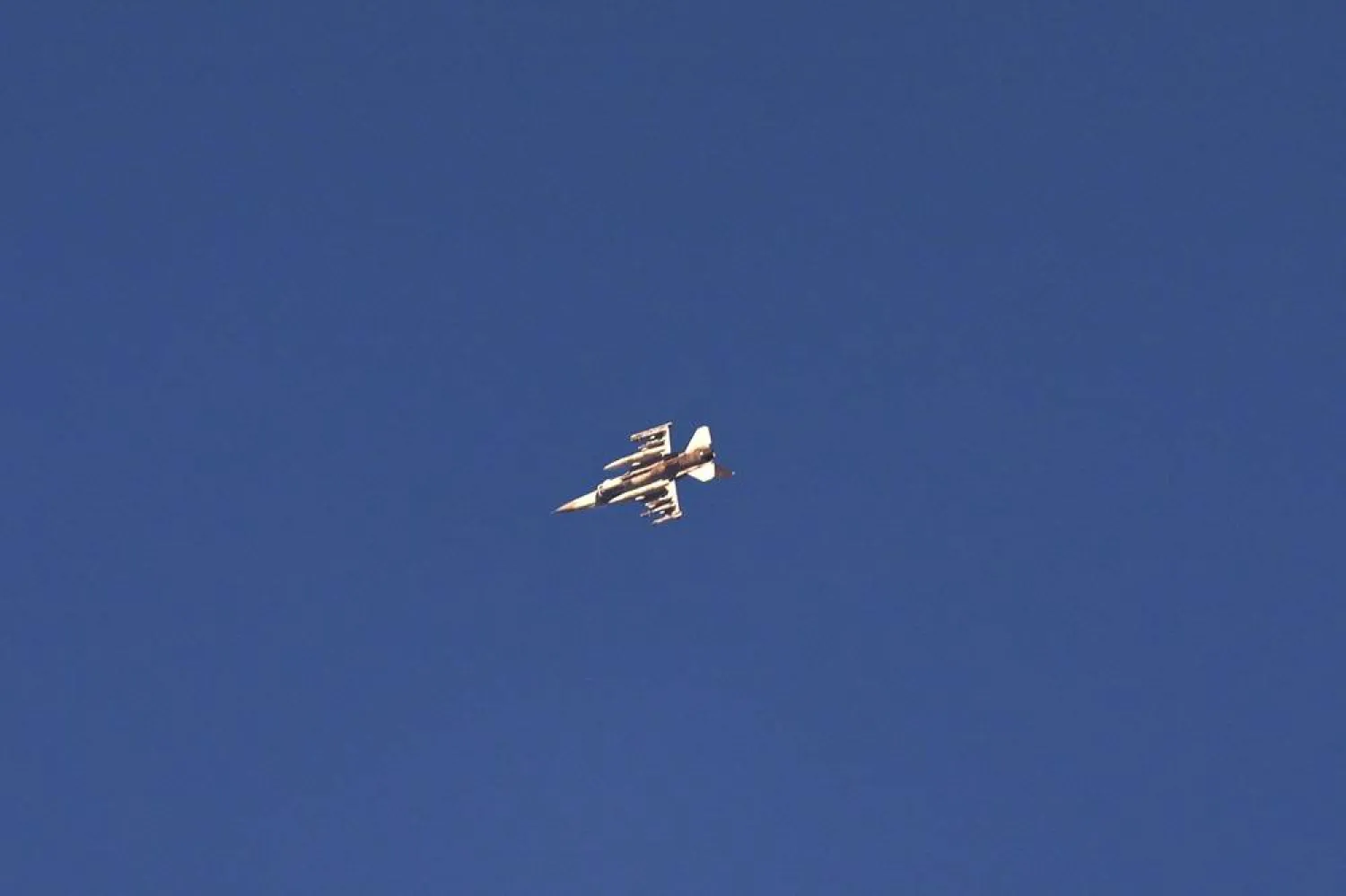The Iranian-backed Hezbollah militant group said on Sunday it launched a drone attack on Mount Hermon in the Israeli-occupied Syrian Golan Heights where Israel has a key surveillance center.
It said this was its first such bombing since it began trading fire with Israel on Oct. 8, a day after its Palestinian ally Hamas attacked southern Israel, sparking the Gaza war. Hezbollah says it would halt operations only when the war ends.
Although it had hit other areas in the occupied Syrian Golan Heights repeatedly, Hezbollah said it was the first time to hit the military target that is at the highest elevation in the Israeli-controlled territory.
Israel has key surveillance, espionage and air defense installations on Mount Hermon where it overlooks the Syrian capital and serves to monitor Syria, Iraq and Jordan since the 1973 Oct. Arab-Israeli war.
The conflict between the Iran-backed Hezbollah and Israel has been gradually intensifying for months, raising fears of a full-scale war, which both sides say they wish to avoid and diplomats are working to prevent it.
Hezbollah has ratcheted up its attacks, sending larger numbers of explosive drones, using a new type of rocket, and declaring that it has targeted Israeli warplanes for the first time, according to sources familiar with Hezbollah's arsenal.
The escalation has tested unwritten rules that have largely confined the conflict to areas at the border or near it since October, keeping Lebanese and Israeli cities out of the firing line.
Israel blames Iranian-backed Hezbollah for the increase in violence and has repeated its vows to restore security to the border. The Israel Defense Forces did not immediately reply to a request for comment on the latest Hezbollah strike.









